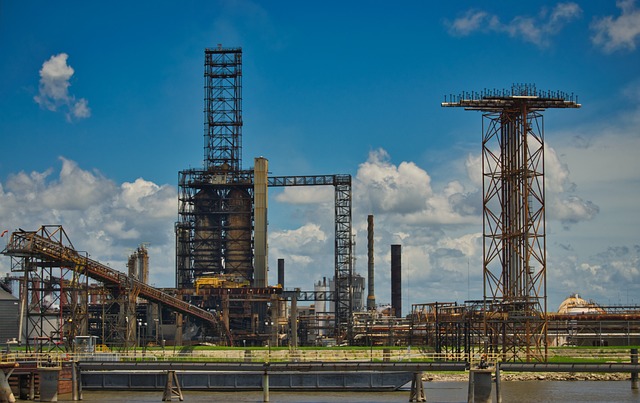
Oil prices rose over 1% on Monday, supported by heightened geopolitical risks following the ousting of Syrian President Bashar al-Assad and indications that China may adopt a looser monetary policy for the first time since 2010. Brent crude gained $1.02, or 1.4%, settling at $72.14 per barrel, while WTI crude increased $1.17, or 1.7%, to $68.37 per barrel. Analysts highlighted that Assad’s removal could escalate instability in the Middle East, a key oil-producing region, despite Syria’s limited direct contribution to global oil markets. In a sign of early market disruptions, a tanker carrying Iranian oil to Syria turned back in the Red Sea.
Additionally, China announced plans for “unconventional” measures to boost domestic demand and consumption, raising hopes for a commodity price surge if such economic stimulus materializes. This comes as China’s economic growth has slowed, influencing last week’s OPEC+ decision to delay output hikes until April 2025. However, leading exporter Saudi Aramco lowered its January 2025 prices for Asian buyers to their lowest since early 2021, signaling ongoing concerns about weak demand. Traders are also eyeing U.S. inflation data due later this week, which could pave the way for a December interest rate cut by the Federal Reserve, potentially boosting economic activity and oil demand.
